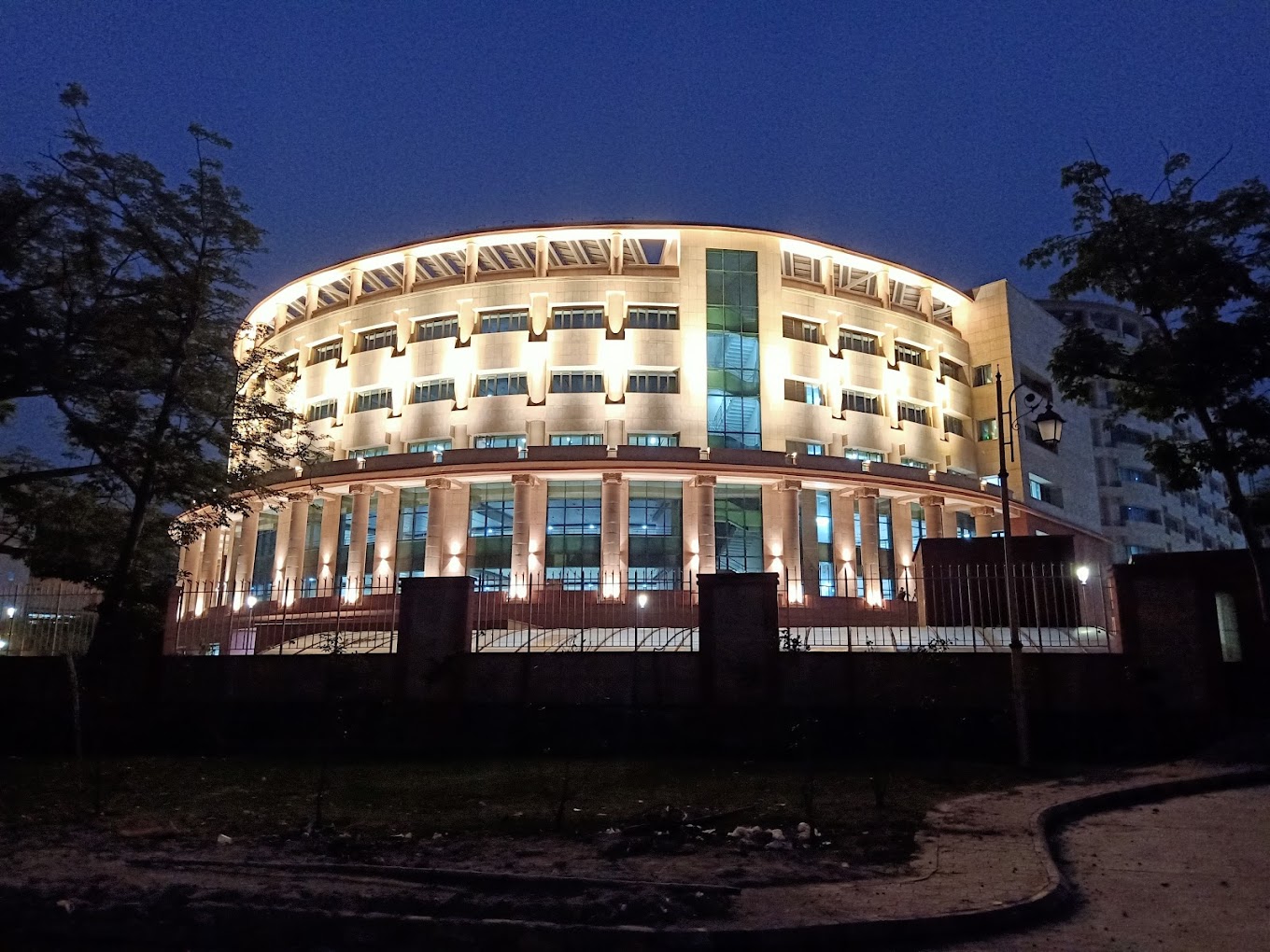Why in the news?
The central government has informed Parliament that it is not customary to request R&AW reports regarding suggestions for selecting judges unless it pertains to matters concerning national security.
Background
- In India, the President appoints judges to the Supreme Court and High Courts on the recommendation of the Chief Justice of India and other senior judges.
- The appointment process involves several stages, including the recommendation of candidates by the Supreme Court or the High Court collegium and clearance by the central government’s Department of Justice and the Intelligence Bureau.
- The process has been a subject of debate and controversy, with concerns raised about transparency, accountability, and the role of the executive in the selection of judges.
- Recently, the central government has informed Parliament that it is not customary to request R&AW reports regarding suggestions for selecting judges unless it pertains to matters concerning national security.
What was the report of R&AW on the selection of judges?
- The central government had raised concerns over the sexual orientation of Senior Advocate Sourabh Kripal, who has been recommended to be elevated to Judge of Delhi High Court.
- The central government also raised objections on the partner’s nationality of the recommended judge based on reports from the Research and Analysis Wing (R&AW).
The issue with the report of R&AW on the selection of judges
- As per the Second Judges case of 1993, a candidate’s personal attributes for appointment as a High Court or Supreme Court judge must include integrity, honesty, emotional stability, legal proficiency, and endurance.
- The government also outlined the need for moral strength, ethical steadfastness, impartiality, judicial temperament, and the ability to work diligently without any affiliations or susceptibility to corrupt influences.
- However, the recent practice of withholding the appointment of judges based on reports of the R&AW has raised concerns regarding the protocol during the appointment of judges to the Supreme Court.
- In addition to this, the procedure has also raised questions about whether factors such as sexual orientation, political affiliation, and online activity were considered during the judges’ selection process.
Recent Context
- The central government has informed Parliament that it is not customary to request R&AW reports regarding suggestions for selecting judges unless it pertains to matters concerning national security.
Response of the Central Government
- The central government cited the Memorandum of Procedure for the appointment of judges.
- According to the Memorandum of Procedure for the appointment of High Court judges, proposals recommended by the High Court Collegium must be evaluated by the government in conjunction with other reports and inputs to assess the suitability of the candidates.
- Therefore, Intelligence Bureau inputs are obtained and presented to the Supreme Court Collegium for consideration when evaluating the recommended candidates.



 This helped !
This helped ! I still have doubts !
I still have doubts ! Can do better
Can do better Update Needed
Update Needed 0.0
0.0


 3 min
3 min